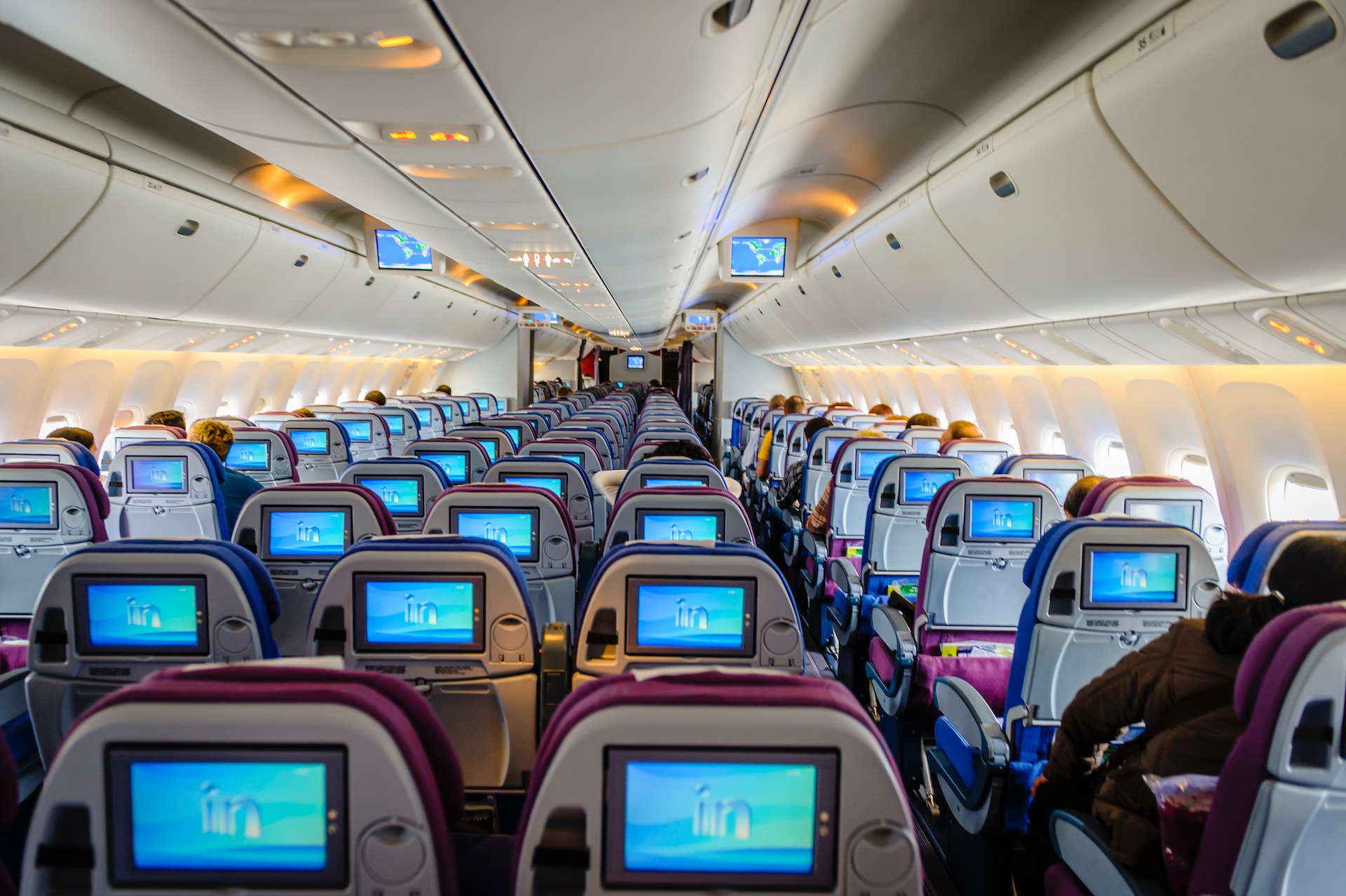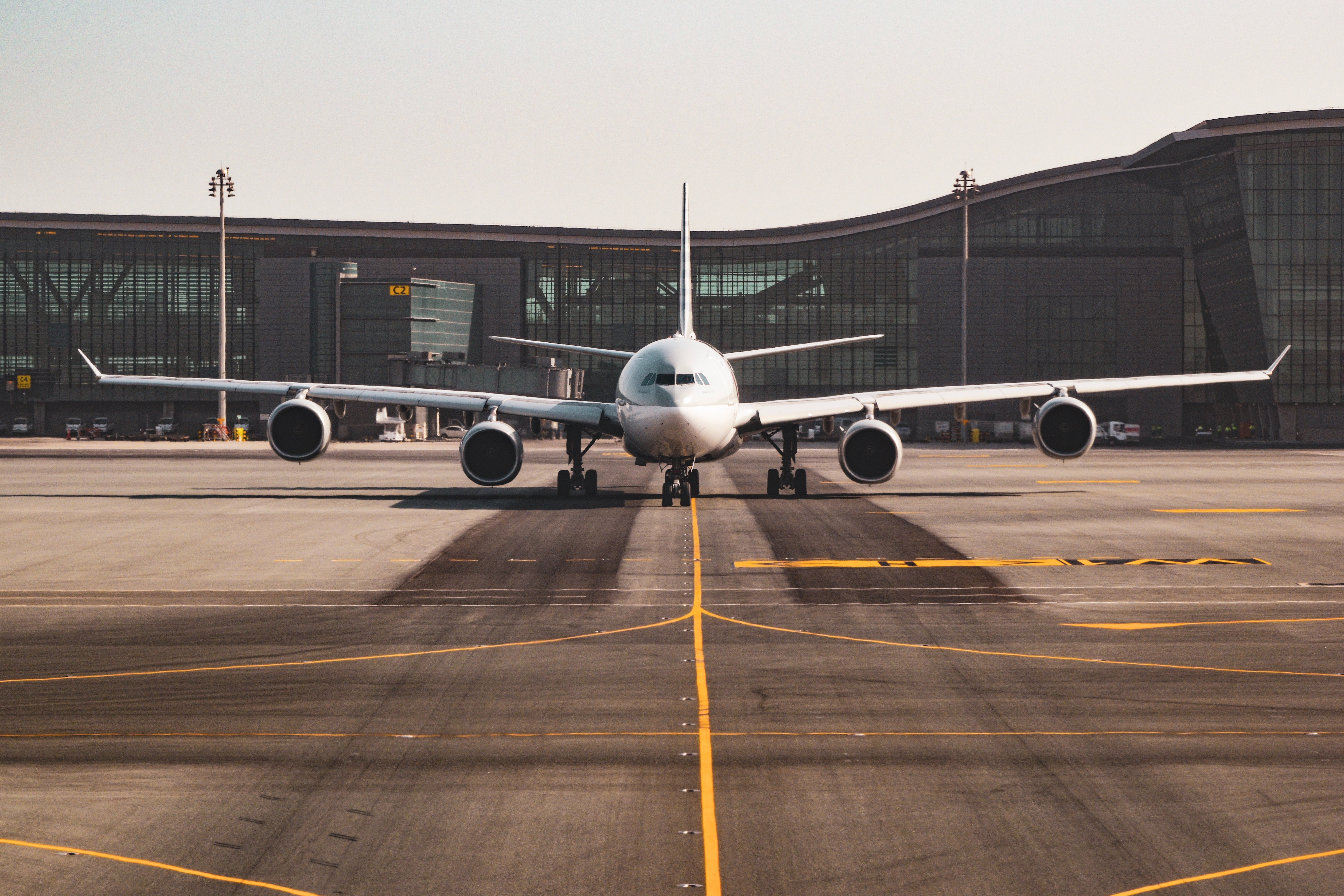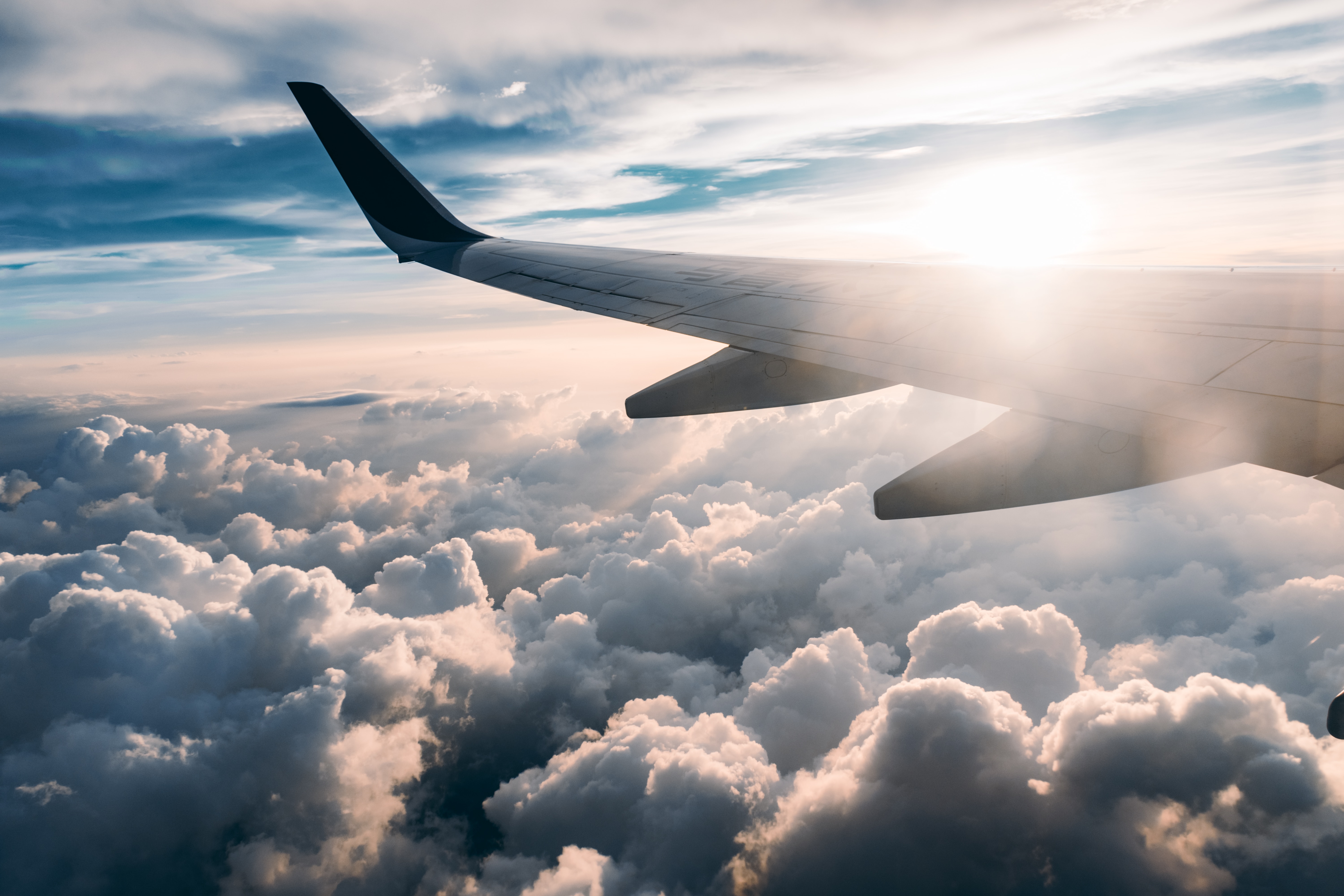GREEN TECHNOLOGIES
The aviation industry is investing heavily in green technologies to reduce carbon emissions and create a sustainable future. This includes the development of electric and hybrid planes, using sustainable biofuels, and implementing carbon offset programs.
SUSTAINABLE BIOFUELS AND CARBON OFFSET PROGRAMS

Airlines try to mitigate the environmental impact of air travel through carbon offset programs. Here, they purchase
carbon offsets and fund sustainable projects like reforestation or renewable energy initiatives. As well as this, airlines are moving towards using sustainable biofuels, which are derived from renewable sources such as algae, agricultural waste, and used cooking oil. They can be blended with traditional jet fuel to reduce emissions and provide a more sustainable propellant.
These are two green technologies that the aviation industry use to be more sustainable. With that said, the real forward-thinking innovation lies in the development of electric and hybrid planes.
You may also like: Why coach travel is the smart option to take in 2023
ELECTRIC AND HYBRID PLANES
These aircraft utilize either electric engines or a combination of electric and traditional engines, reducing reliance on fossil fuels and emissions. In 2019,an airline,
Harbour Air, became the first commercial airline to operate an electric seaplane. The airline’s successful test flight demonstrated that electric planes are not only feasible but also a very likely part of the future of air travel. While it may be a
few decades until electric planes fully take off, there is
plenty of talk around this technology and its constant innovation.
“A consistent increase is happening in the electrification of aircraft systems, research on electrical propulsion, and investments in electric or hybrid aircraft designs.” – International Civil Aviation Organisation
INNOVATION OF IN FLIGHT ENTERTAINMENT

In-flight entertainment has come a long way since the early days of air travel, when the options were limited reading or looking out the window. Today, with
advancements in technology, airlines offer passengers a range of entertainment options – from music streaming, to movies and TV shows, or even interactive games you can play with other passengers – all via built-in head rest modules.
But those screens may soon be obsolete, with a shift to optimize for the personal devices that we all carry in our pockets or bags. Soon, we may be able to access limitless movies, TV shows, music, and games all on our smartphone or laptop. While some airlines offer wi-fi at a fee, we may see soon free wi-fi become as easily available in the air as it is on the ground.
You may also like: Curious travelers will love these museum-rich cities in September
AR AND VR ENTERTAINMENT
One particularly interesting direction of the future of air travel lies in the development virtual and augmented reality. Imagine VR headsets, where you’ll take virtual tours of popular tourist attractions and 360-degree views of the aircraft, or AR virtual shopping. This is already being adopted, with
Alaska Airlines and
British Airways having trialled VR headsets on selected flights.
SMART CABIN AND AI TECHNOLOGIES
The tech revolution extends to being able to control your in-flight environment using smart cabin technology. With your personal device, you may be able to adjust temperature and lighting, access entertainment and information services, and communicate with cabin crew.
Airlines are also investing in AI technology to provide more a personalized service to passengers. This includes using passenger data to offer customized flight experiences, like preferred seat selection, meal options, and in-flight entertainment choices. With this data, airlines can tailor their services to better meet the needs and preferences of individual passengers.
AI may be implemented across other parts of the air travel industry too, with everything from ticketing systems, flight maintenance, and customer service kiosks all set to get the AI treatment.
You may also like: A look back at the most pivotal moments in travel from 2022
FAR MORE STREAMLINED
These AI systems hope to revolutionize the travel experience. This should make flight tickets more competitive, reduce delays by monitoring airplane conditions, and through
self-service bag drop kiosks, checking in may become no more stressful than scanning your own groceries out at the supermarket. Add to that
biometric technology, where passengers use their face or fingerprint as their boarding pass, and the air travel experience may become more streamlined, efficient and convenient – which after the past few years, we can only see as a good thing.
AUTONOMOUS FLYING

Autonomous flying is another area of innovation that is shaping the future of air travel. The concept of autonomous flying involves using self-piloted aircrafts that can fly without a human pilot on board, or with minimal human intervention.
While it may take a while for us to fully embrace this slightly scary notion, the advancement of technology may eventually get to place where flying becomes even safer without pilots.
SUSTAINABLE AIRPORT DESIGN
Sustainable airport design is an important aspect of the aviation industry’s efforts to reduce its environmental impact.
That means using renewable energy sources, recycled materials, sustainable wood products, and energy-efficient insulation. Additionally, airports can implement green roofs or green walls, which can help reduce heat island effects, as well as absorb rainwater and provide additional insulation.
Several airports around the world have already implemented sustainable design practices. For example, the Brisbane Airport in Australia has implemented a solar power system that provides renewable energy for the airport’s terminal and car parks. Elsewhere, San Francisco International Airport has implemented a green roof system that covers over 50,000 square feet and helps reduce the airport’s heat island effect.

The future of air travel is shaping up to be more sustainable, efficient, and personalized than ever before. With the adoption of green technologies, personalized services, and advanced technology, air travel is set to hopefully become a more enjoyable and streamlined experience. As the industry continues to evolve, we can expect to see even more innovations that will transform air travel in the years to come.







